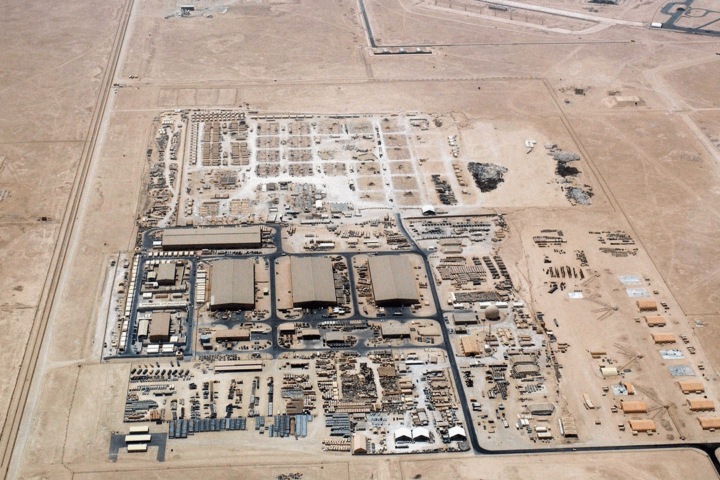In scenes marked by desperation and despair, thousands of Palestinians surged toward an aid distribution site in southern Gaza on Tuesday, hoping to secure food boxes after nearly three months of near-total blockade. The site, operated by the Gaza Humanitarian Foundation (GHF), a U.S.- and Israeli-backed entity, became the epicenter of both humanitarian relief and political tension.
The foundation reported it had distributed 8,000 boxes—an estimated 462,000 meals—since Monday, but the sheer volume of people arriving at the Rafah site overwhelmed its operations. Crowds included women, children, and the elderly, many arriving on foot or by donkey cart, traversing wired corridors and fences in a chaotic rush for sustenance.
Amateur footage circulating on social media showed fences being torn down and people pushing their way into open areas stacked with aid supplies. Though the videos have not been independently verified, they highlight the scale of desperation gripping Gaza after 11 weeks of an Israeli blockade.
GHF temporarily halted operations on Tuesday to prevent further chaos and ensure safety. “At one point, our teams had to step back to allow people to take aid safely and dissipate,” a GHF spokesperson said. “There were no casualties, no gunfire, and operations resumed later.”
Yet conflicting narratives emerged as night fell. The Hamas-run media office accused Israeli forces of killing three Palestinians and injuring at least 46 others near the aid site, with seven reported missing. GHF dismissed these claims as “totally false.” The Israeli military, while not commenting directly on the fatalities, acknowledged firing warning shots to control crowds near the compound.
A spokesperson for the United Nations described the situation as “heartbreaking,” as images of chaos and anguish spread across global media.
Aid Overshadowed by Controversy
The aid initiative is mired in controversy. Israel and the United States have touted the GHF system as a way to ensure aid reaches civilians while excluding individuals with ties to Hamas. The foundation’s biometric screening process—including facial recognition—has sparked fears among Palestinians about surveillance and targeting.
“I am scared,” said Abu Ahmed, 55, a father of seven. “My children are hungry, but they said the company is Israeli and we were warned not to go.” His fears reflect a broader anxiety among residents, some of whom stayed away due to messages from Hamas urging people not to participate.
The controversy intensified after GHF’s former director abruptly resigned over the weekend, citing concerns over the foundation’s neutrality and independence. Aid groups, including the United Nations and the International Committee of the Red Cross, have boycotted GHF, criticizing it as a politicized operation.
“Humanitarian assistance must not be politicised or militarised,” said Christian Cardon, spokesperson for the ICRC.
Still, U.S. officials defended the program. “These are complaints about style,” said State Department spokesperson Tammy Bruce. “Aid is getting to people despite Hamas’ efforts to interfere.”
Mounting Humanitarian Crisis
Despite limited aid deliveries resuming, the situation in Gaza remains dire. According to the U.N., between 500 and 600 trucks are needed daily to meet the enclave’s needs. In contrast, only a small fraction has entered. Israel recently allowed some international trucks through the Kerem Shalom crossing, but logistical bottlenecks persist.
“Before the war, my fridge used to be full,” Abu Ahmed said. “Now I am begging for a loaf of bread.”
As hunger grows, so do casualties. Since the collapse of a two-month ceasefire in mid-March, Israeli military operations have reportedly killed 3,901 Palestinians. In total, over 54,000 have died in the war that began on October 7, 2023, following a Hamas-led attack on Israel that left 1,200 Israelis dead and over 250 taken hostage.
With large portions of Gaza now under Israeli military control and no clear end to the conflict in sight, humanitarian workers warn that even well-intentioned aid initiatives risk inflaming tensions unless they remain neutral, independent, and rooted in trust.
As one U.N. spokesperson put it, “The food is needed. The way it’s being distributed must not deepen the wounds.”











